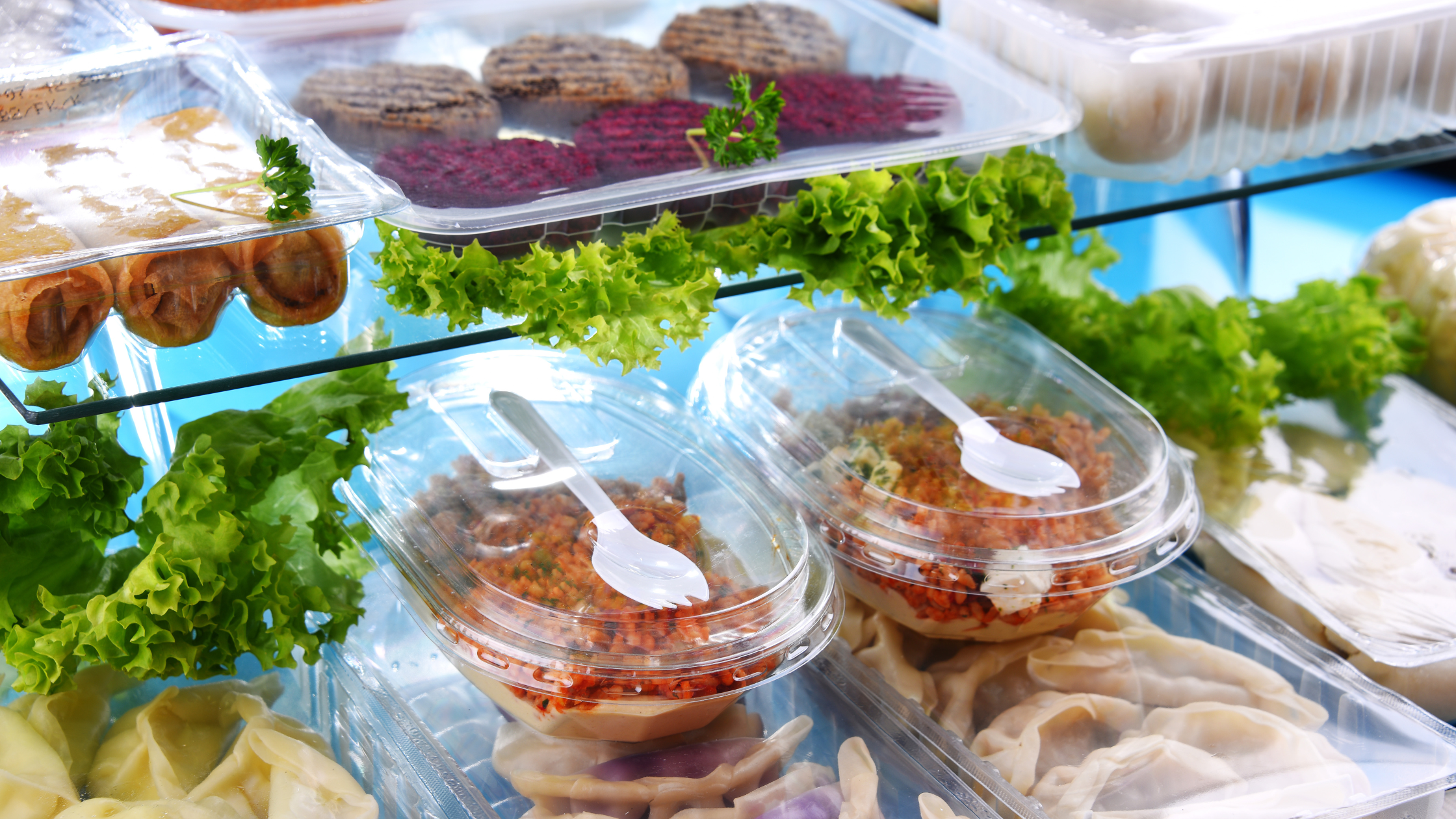Intuitive Eating with ADHD: Finding Flexibility, Not Perfection
Intuitive eating is often described as a way to “listen to your body” and honor hunger, fullness, and satisfaction cues without external rules or restrictions. It can sound empowering and freeing—and for many people, it is. But if you live with ADHD, you may have tried to follow intuitive eating principles and felt like you were failing before you even started.
Here’s the truth: it’s not you. Intuitive eating, in its traditional sense, doesn’t always account for the unique ways ADHD brains work. That doesn’t mean it’s off the table—it just means we may need to adapt the approach so it feels realistic and supportive for you.
Why Intuitive Eating Can Feel Tricky with ADHD
ADHD impacts executive functioning—things like planning, prioritizing, memory, and task initiation. These skills play a big role in eating intuitively. For example:
Difficulty noticing hunger cues: Hyperfocus can cause you to skip meals without realizing. Other times, you might not feel hunger until it’s extremely strong.
Food decisions feel overwhelming: Opening the fridge and trying to figure out what to eat can feel like solving a puzzle without all the pieces.
Impulsivity plays a role: Reaching for whatever is easiest or most available is common—and that’s not a character flaw, it’s a brain wiring difference.
Inconsistent routines: Some days structure feels manageable, while others feel chaotic, which makes it hard to “just listen to your body.”
These challenges don’t mean intuitive eating is impossible. They simply highlight that the traditional model doesn’t always fit neurodivergent experiences.
Adapting Intuitive Eating for ADHD
Instead of aiming for perfection, think of intuitive eating as a flexible framework that can be adjusted to support how your brain actually works. Here are a few adaptations that can help:
1. External Cues Are Okay
Timers, reminders, or visual cues can help you check in with your body. Setting an alarm to pause and ask, “Do I need food, water, or a break?” isn’t “cheating”—it’s a practical support.
2. Gentle Structure Supports Freedom
Having some foods prepped, or keeping easy options on hand, reduces the mental load. This doesn’t mean rigid meal planning; it’s about making future-you’s choices easier.
3. Satisfaction Still Matters
ADHD brains often seek stimulation and novelty. Allowing variety, fun foods, and sensory-pleasing options is part of eating well. When food feels enjoyable, it’s easier to stay nourished.
4. Self-Compassion Is Essential
If you miss a hunger cue or end up in “all or nothing” eating patterns, it doesn’t mean you’ve failed at intuitive eating. It means you’re human—and learning to work with your unique brain takes time.
A More Flexible Definition of Success
For ADHDers, intuitive eating may not look like always perfectly honoring hunger and fullness. It might look like:
Having snacks in your bag, car, or desk so you don’t crash during hyperfocus.
Using routines (like “eat breakfast with my meds”) to anchor your day.
Choosing balanced meals sometimes, comfort foods other times, and trusting both are valid.
Reminding yourself that food is not a test—it’s support for your brain and body.
This gentler version of intuitive eating honors the spirit of the approach—connection to your body and less reliance on external diet rules—while building in the scaffolding that ADHD brains need.
You Don’t Have to Figure This Out Alone
If this resonates with you, you’re not alone. Many of our clients with ADHD share these same struggles and successes. Our role as dietitians is to help you create strategies that work with your brain—not against it—so food feels less overwhelming and more supportive of your daily life.
Whether you’re curious about intuitive eating, struggling with meal consistency, or just want to feel less stressed around food, there are ways forward that don’t involve restriction or shame. With compassionate support, eating can feel easier and more in tune with what you need.
If you’re looking for support in creating ADHD-friendly nutrition strategies, consider reaching out to a dietitian who understands the unique needs of neurodivergent individuals. Together, you can build a personalized approach that works with your brain, not against it.

